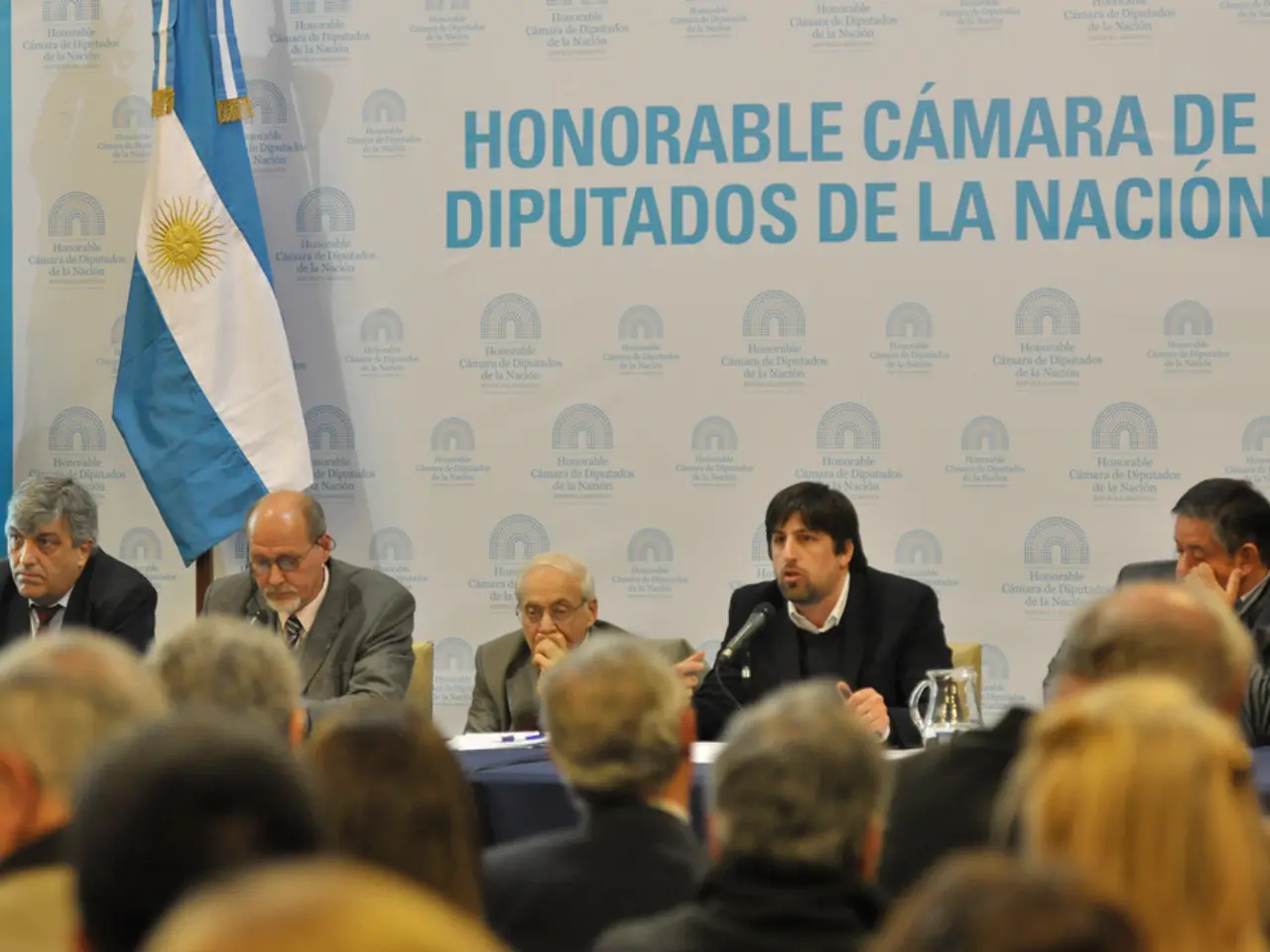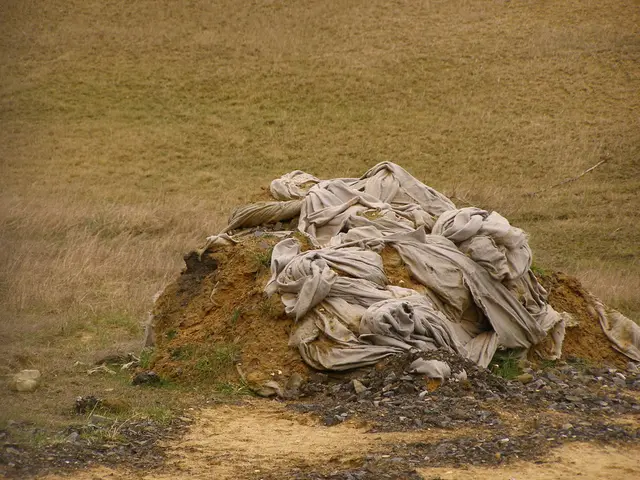Nimisha Priya's Case: A Turning Point in Legal and Diplomatic Engagement
Supreme Court to Review Case Regarding Kerala Nurse Nimisha Priya's Rescue Petition Today
In a significant development, the death sentence of Indian nurse Nimisha Priya, who was convicted for the murder of a Yemeni national in 2017, has been overturned. The Supreme Court of India will hear a petition concerning her case on Thursday, as efforts continue to secure her release or sentence commutation.
Legal Shift
The death sentence, initially set for July 16, 2025, was stayed just before execution. Following high-level meetings in Sanaa, the capital of Yemen, the sentence was officially revoked. This decision marks a significant legal shift in her case, as confirmed by the office of Indian Grand Mufti Kanthapuram AP Abubakker Musliyar.
Family Resistance
Despite the revocation of the death sentence, the family of the murder victim, Talal Abdo Mahdi, has expressed a desire for the execution to proceed. They have rejected any mediation efforts and are seeking retribution under Yemeni law.
Diplomatic Mediation
India's Grand Mufti, Kanthapuram AP Abubakker Musliyar, played a crucial role in mediating the case. He used his religious networks to influence Yemeni scholars and authorities, contributing to the decision to overturn the death sentence.
Government Involvement
While India's Ministry of External Affairs has not yet officially confirmed the revocation of the death sentence, various stakeholders, including Indian spiritual leaders and government officials, have been involved in behind-the-scenes diplomatic efforts.
Current Challenges
Despite the legal decision to overturn the death sentence, the case remains sensitive due to the resistance from the victim's family. Continued diplomatic efforts are necessary to ensure Nimisha Priya's safe release and return to India.
Future Diplomatic Efforts
Continued diplomatic pressure from India and international organizations could help to ensure that Nimisha Priya is released from prison and repatriated safely. Engaging with local authorities in Yemen and collaborating with human rights organizations and international bodies could provide additional leverage in securing a favorable outcome for Nimisha Priya.
The Save Nimisha Priya International Action Council, an advocacy group, had approached the Central Government seeking permission for a delegation to travel to Yemen. The case will be heard by a bench comprising Justice Vikram Nath and Justice Sandeep Mehta. The case has drawn significant attention from human rights groups, the Indian diaspora, and Kerala's political leadership. The Action Council's plea urges the court to direct the government to make every possible diplomatic effort, including facilitating authorized representatives to negotiate with the victim's family. The court will consider the petitioner's contention that direct engagement in Yemen is necessary for securing Nimisha Priya's release.
[1] Indian Grand Mufti plays crucial role in Nimisha Priya's case [2] Nimisha Priya: Death sentence overturned in Yemen [3] Yemeni family rejects mediation efforts in Nimisha Priya's case [4] India's Ministry cannot grant travel clearance to Yemen due to current circumstances [5] India's Ministry of External Affairs rejects council's request, citing severe security risks in Yemen
- The overturning of Nimisha Priya's death sentence in Yemen was a result of diplomatic mediation, with India's Grand Mufti, Kanthapuram AP Abubakker Musliyar, playing a crucial role by using his religious networks to influence Yemeni scholars and authorities.
- Despite the revocation of Nimisha Priya's death sentence, the family of the murder victim, Talal Abdo Mahdi, has expressed a desire for the execution to proceed, rejecting any mediation efforts and seeking retribution under Yemeni law.








